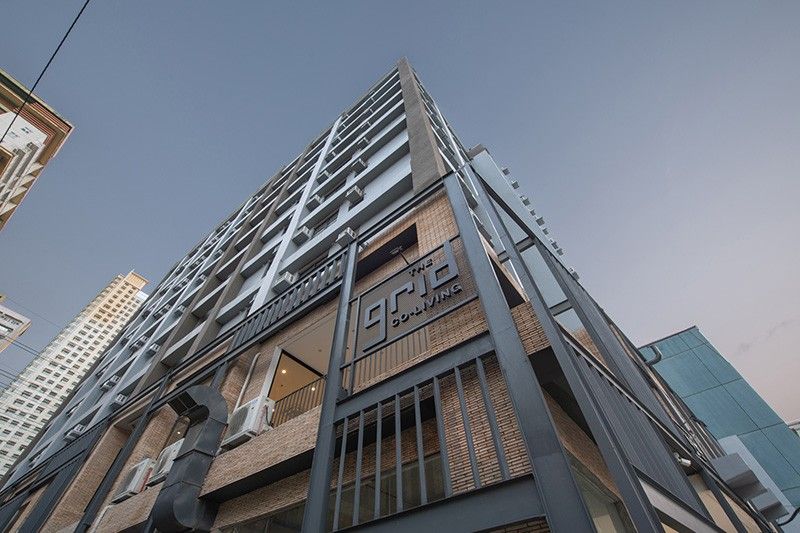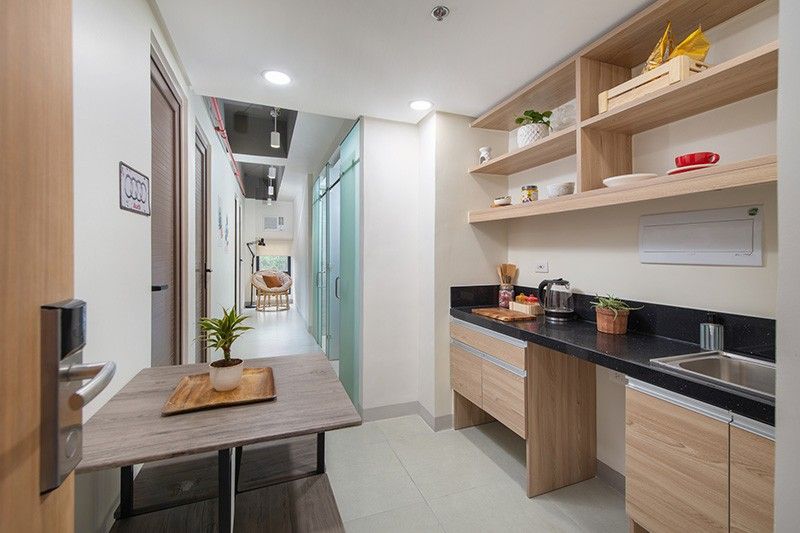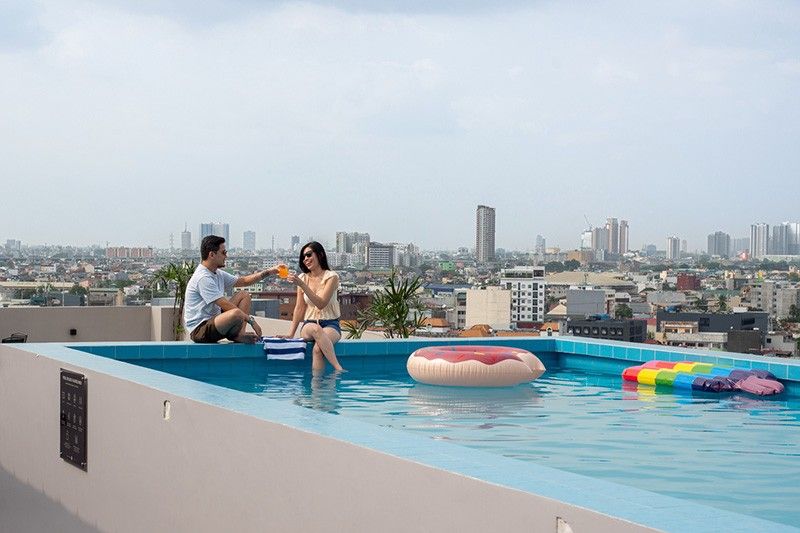From McDo to co-living: George Yang's son launches co-living venture

MANILA, Philippines — If you are working in a busy-as-a-bee Central Business District such as Makati City and you live in, say, Fairview, Quezon City, daily traffic alone can set you back three to four hours a day, sometimes even more. Wasted hours. Hours you could have otherwise spent more productively. And think about the gasoline or transportation expenses that you still had to shell out. Worse, you arrive at work late.
Wish you lived right in Makati, within walking distance from your office? Life would be easier, and your mornings would be stress-free. And since Makati is a big, vibrant community, everything you need would be right within reach, such as supermarkets, malls, churches, restaurants and food hubs, and hospitals, even parks, weekend markets, gyms and recreational facilities.
But reality bites. You cannot afford to rent, much less buy, a house in Makati, you say. Not even a condo unit. It’s much too expensive.

But wait, a new living or lodging category has emerged in recent years. It is called co-living, and it is the new way to live in the big city now. It is a cross between a dormitory and a condominium unit, with a dormitory being basically a shared room that you come home to sleep in and nothing more, while a condo is a private living space that comes with a host of amenities for residents, such as a swimming pool and a gym. Co-living is more affordable than a condo, but it comes with an array of amenities.
Just recently, The Grid Co-Living opened at Yakal corner Lumbayao and Bakawan Streets, San Antonio Village, Makati City, and it epitomizes what a co-living set-up is. It offers a holistic approach to urban living for professionals, entrepreneurs, students and creatives who want to be part of a vibrant community while enjoying the benefits of city life. It is a purpose-built co-living development that combines high-quality, affordable accommodations with community spaces designed for residents to connect, collaborate, and thrive.
Potential residents can choose what type of unit they want to live in and what their budget allows. There are five unit types available: Single (14 square meters), Triple (14 to 18 sq.m.), Quadruple (16 to 21 sq.m.), 4-in-1 (36 to 39 sq.m.), and 8-in-1 (35 sq.m.). Each unit comes with a pantry space, dining area, ensuite bathroom with hot and cold shower, air-conditioning, work space, and storage locker.

Residents of The Grid Co-Living get to enjoy an array of amenities designed to promote community and well-being, including a rooftop swimming pool, rooftop lounge, study and work lounge, fitness center, and various establishments located at the ground floor. The co-living spaces are designed to be flexible, with short- and long-term options. Your choice of unit can be your home, in which case you pay monthly, or an occasional hostel to stay in when needed, and this has a daily rate.
“The influx of working professionals in Makati and the horrible traffic going to and from workplaces prompted us to venture into a co-living project. We envision The Grid to be the young urban workers’ home near their offices. We hope that cutting their travel time to and from work would improve their overall well-being,” said Kristopher Yang, president of First Georgetown Ventures Inc. (FGVI), developer of The Grid Co-Living. Kristopher is the son of George Yang, owner of the McDonald's master franchise in the Philippines through their company, Golden Arches Development Corp.



















